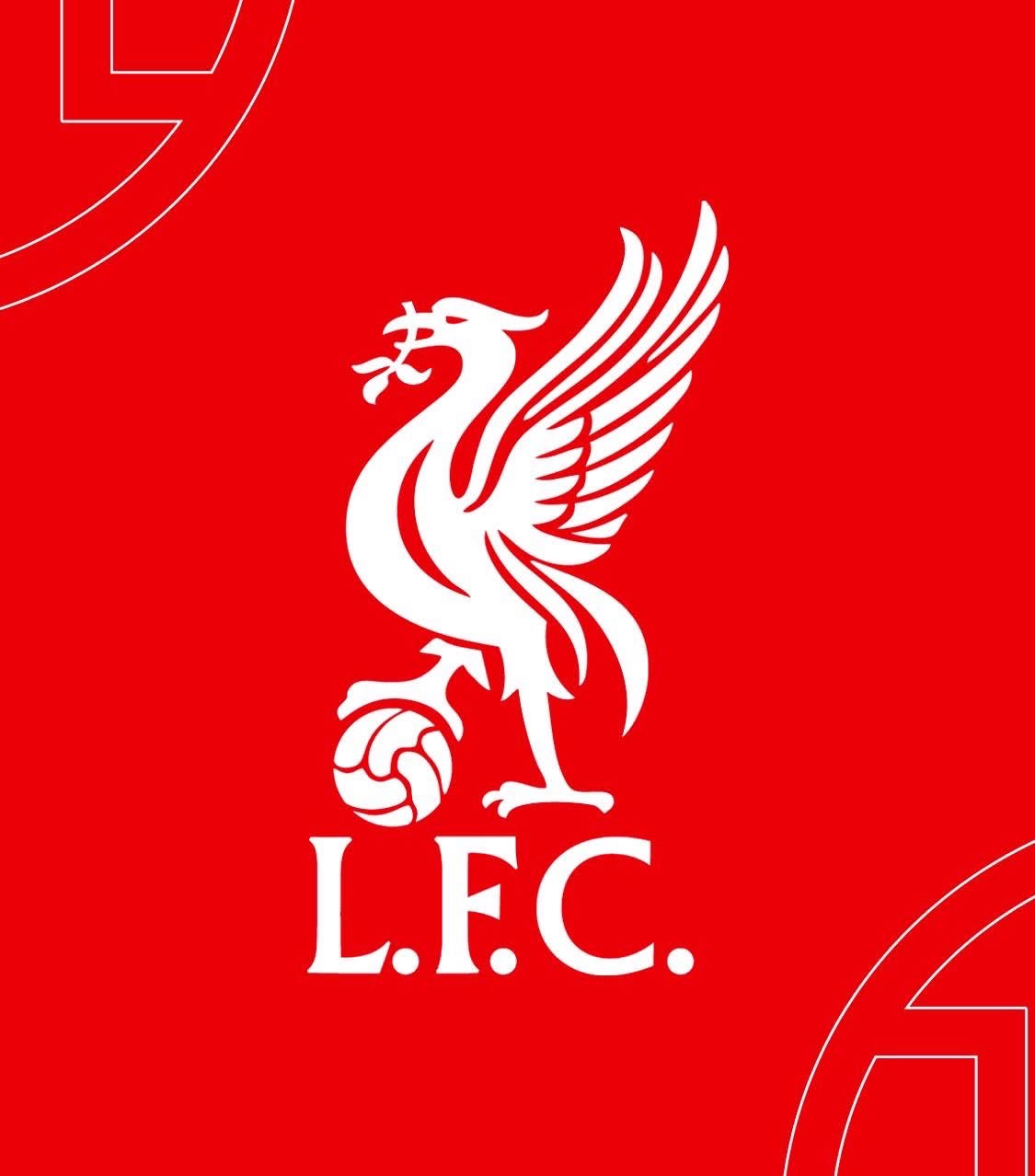At 40 years old, Luka Modrić continues to redefine what it means to be a football legend. Despite the physical demands and the relentless pace of modern football, he remains a cornerstone of Real Madrid’s midfield, orchestrating play with the same elegance, vision, and intelligence that have defined his career for nearly two decades. His six UEFA Champions League titles are a testament not only to his skill but also to his remarkable consistency and dedication at the highest level of the sport. Few players in history can boast such an extraordinary record, and even fewer have maintained such a high standard over such a prolonged period.
In comparison, FC Barcelona, a club steeped in history and tradition, has celebrated 128 years of existence. Throughout their storied journey, they have lifted the UEFA Champions League trophy five times. While their achievements are monumental in their own right, Modrić’s personal haul of six titles—even surpassing one of the most iconic football clubs in history—serves as a humbling reminder of what individual brilliance combined with teamwork can achieve on the grandest stage.
This contrast highlights a fascinating perspective on football greatness: while clubs accumulate prestige over decades, true legends like Modrić carve out an unparalleled legacy through sustained excellence and resilience. His journey from a young Croatian midfielder to a world-class maestro at Real Madrid demonstrates the power of perseverance, hard work, and vision, inspiring countless young players around the globe.
Ultimately, this comparison isn’t about diminishing the accomplishments of historic clubs; it’s about celebrating exceptional talent that transcends time. Modrić’s continued dominance at 40 reminds us that age is merely a number when skill, intelligence, and determination intersect. His story is a vivid illustration that greatness in football is measured not just by longevity or club history, but by the extraordinary impact one player can make in the world’s most competitive arenas



